Prevention Fellowship

Description
General Overview
Training Program
Ongoing Research
Faculty
Salary and Benefits
How to Apply
Description
This one-year program will be offered primarily to trainees who have completed a fellowship program in general cardiology but could also be filled by other subspecialty trainees (i.e. Endocrinology) or even those who have finished Internal Medicine training with a particular interest in prevention.
Cardiovascular diseases consume an inordinate fraction of the health care economy, with costs estimated to rise to more than $1 trillion annually in the United States by the year 2030.(1) By the year 2020, coronary heart disease is estimated to become the leading cause of death and disability worldwide.
Historically the approach to patients with cardiovascular disease(s) has involved treatment after an event has occurred (secondary prevention). In view of the enormity of this problem, an increasing effort has been seen in developing structured approaches toward the mitigation of risk in patients prior to the development of an overt cardiovascular end-point. Referred to as primary prevention, this effort has pointed out the importance of training programs where prevention strategies are the focus of the educational and clinical programs.
General Overview
The program is designed to train general, non-invasive cardiologists who increasingly desire to obtain expertise in this growing field and to prepare them for leadership of prevention programs elsewhere in the United States. The fellow will also be expected to be involved in fundamental prevention research. The goal of the fellowship is to train fellows pursuing academic careers, with a clinical and research emphasis.
The training program is designed to provide advanced training to qualified adult subspecialists who have completed their general subspecialty. Under exceptional circumstances fellows could be accepted following their Internal Medicine residencies and before planned subspecialty training. Candidates must be board eligible and certified in Internal Medicine. Fellows must have passed all 3 parts of the USMLE (for FMG candidates returning to their country of origin, consultation with the GME office would be sought).
The proposed training program will consist of 12 total months of training. The clinical curriculum includes structured clinical obligations, and participation in required conferences along with longitudinal clinics in the Prevention Center at Mission Bay as well as in the cardiac rehabilitation program at the Parnassus campus. Although no inpatient service is anticipated, the critical role played by the transitions of care service at Parnassus in the secondary prevention of cardiovascular events will likely necessitate some exposure to inpatients who will be transitioning to outpatient services.
Training Program
Learning Objectives
- Perform a complete evaluation of the patient and compose a concise H&P or progress note with emphasis on medical and therapeutic lifestyle strategies, behavior modification, patient education/counseling.
- Understand relevant screening and/or diagnostic tests appropriate for cardiovascular risk stratification.
- Ability to interpret electrocardiogram, cardiovascular biomarkers, exercise treadmill tests (including both electrocardiographic and hemodynamic data), rhythm strips, coronary artery calcium scoring.
- Ability to educate and counsel patients on risk factor modification to reduce the risk of cardiovascular disease.
- Ability to identify, address, and treat cardiovascular risk factors according to evidence-based guidelines.
- Ability to write an exercise prescription for a patient, and/or to establish a cardiac rehabilitation program.
- Ability to counsel patients regarding therapeutic lifestyle changes (exercise, heart-healthy dietary habits, weight management, tobacco cessation, stress management, and behavior modification) according to AHA guidelines, where appropriate.
- Ability to establish short- and long-term follow-up continuity plans (e.g. self-BP monitoring, weight monitoring, appropriate laboratory monitoring) and to establish appropriate intervals for outpatient clinic follow-up.
Clinical Rotations
- Center for the Prevention of Heart and Vascular Disease 12 months. This will be the “home-base” for the fellowship program. As prevention is predominantly an ambulatory practice, the fellow will attend 2-2.5 days per week in the Mission Bay clinic. Under this umbrella the fellow will also be exposed to patients with advanced lipid disorders under the guidance of Drs. Stock and Kane.
- Adult Cardiac Rehabilitation Program 12 months. The fellow will attend 1-2 days per week in the adult cardiac rehabilitation unit at the Parnassus campus.
- As some of the risk assessment strategies involve the detection of pre-clinical disease through imaging modalities, it also expected the individual will be exposed to the relevant personnel in the echocardiographic laboratory and radiology to review non-invasive imaging in at-risk patients.
Conferences
Weekly: Cardiology multidisciplinary case conference
Monthly: Prevention Center Journal Club
Ongoing Research
All fellows will be expected to participate actively in a research project during their training period. This may take the form of clinical, pre-clinical, or systems/policy research. We recognize the time commitment involved in the conduct of original research and understand that an independent project may not be completed in the one-year training period. The research may therefore be a continuation of a project initiated previously. Additionally, fellows will be encouraged to participate in ongoing research projects within the cardiology division.
Faculty
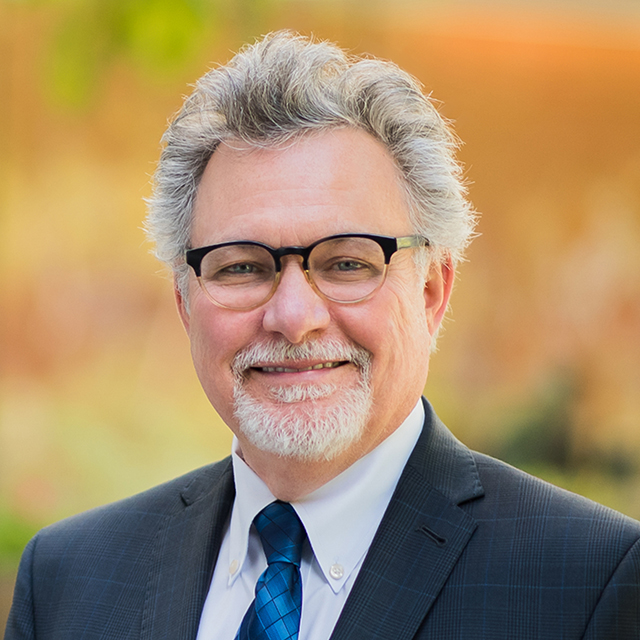
Carlin Long, MD
Professor of Medicine
Director, Prevention Fellowship
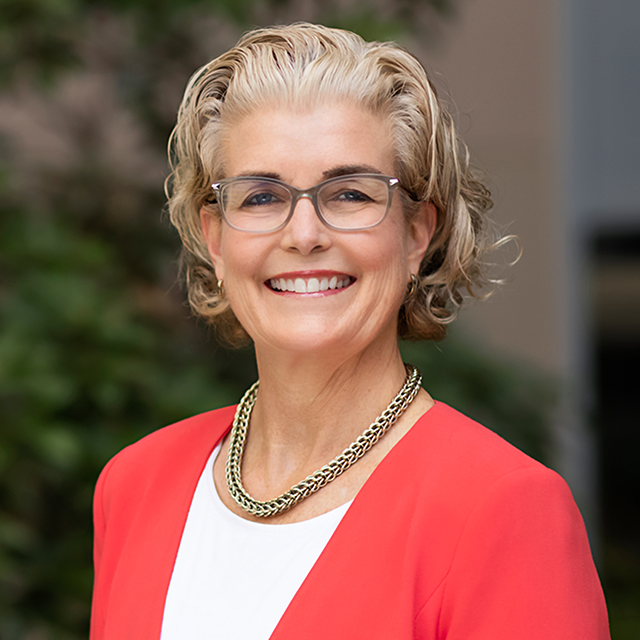
Phoebe Ashley, MD
Professor of Medicine
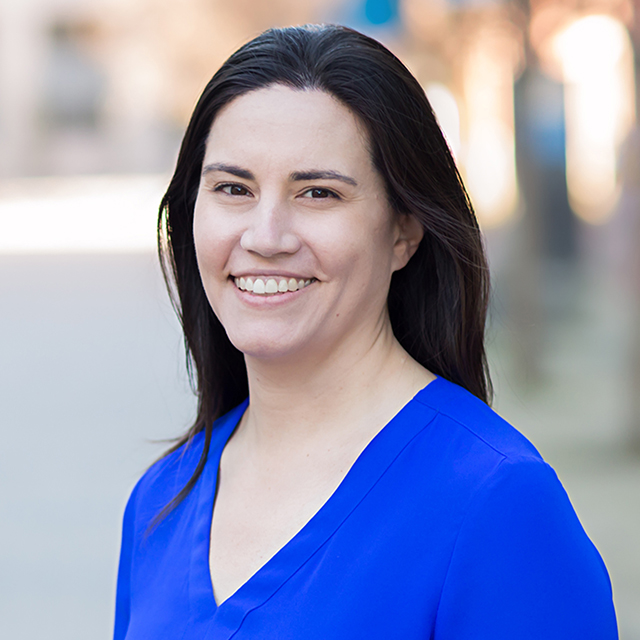
Alexis Beatty, MD
Associate Professor, Medicine
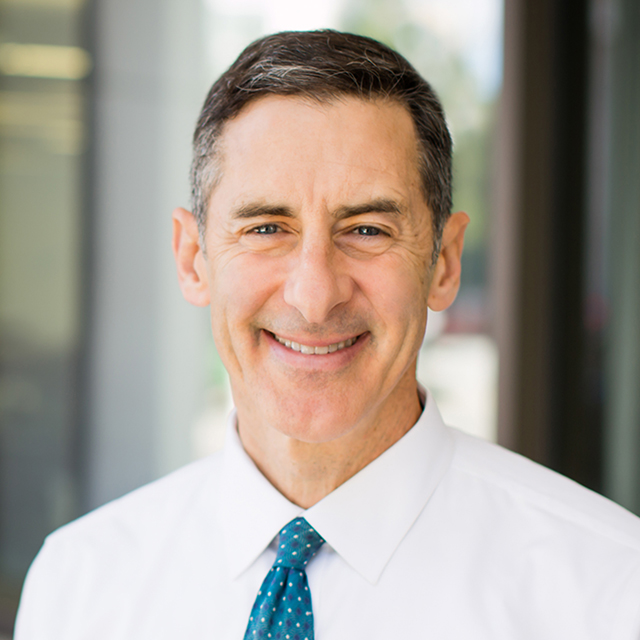
Donald Grandis, MD
Professor of Medicine

William Grossman, MD
Professor of Medicine
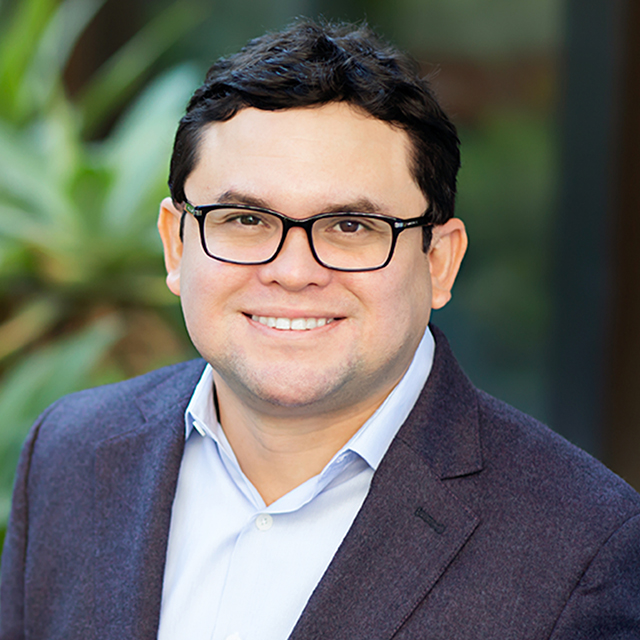
Julio Lamprea Montealegre, MD, PhD
Assistant Professor, Medicine
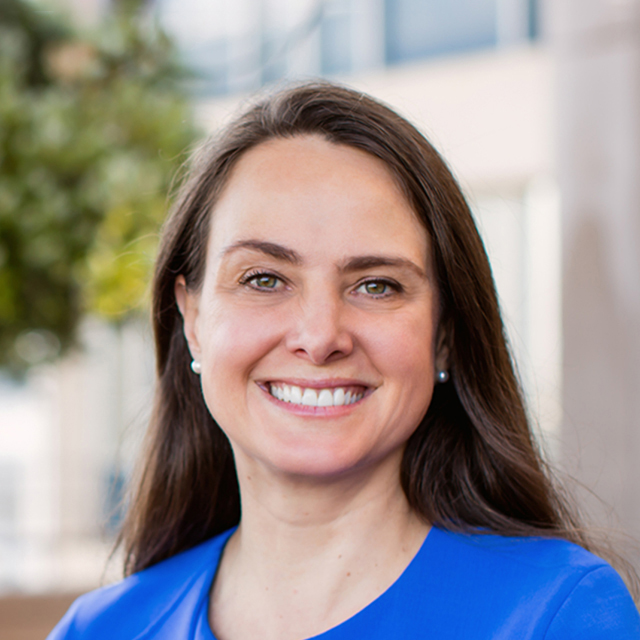
Eveline Stock, MD
Assistant Professor, Medicine
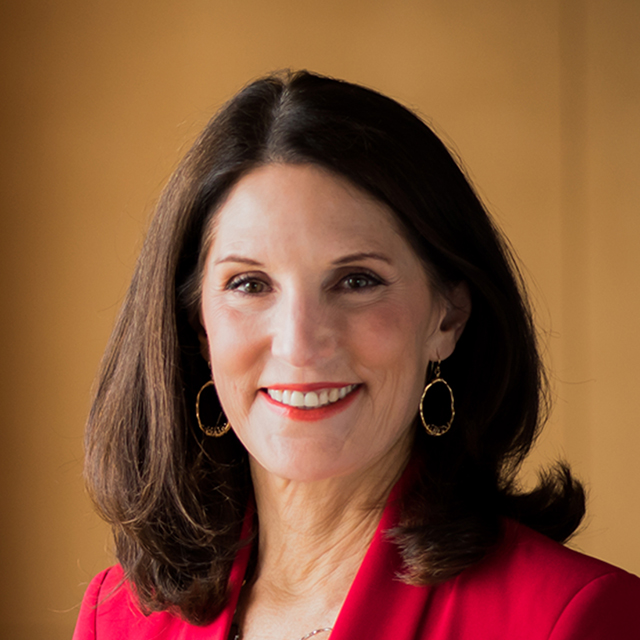
Anne Thorson, MD
Professor of Medicine
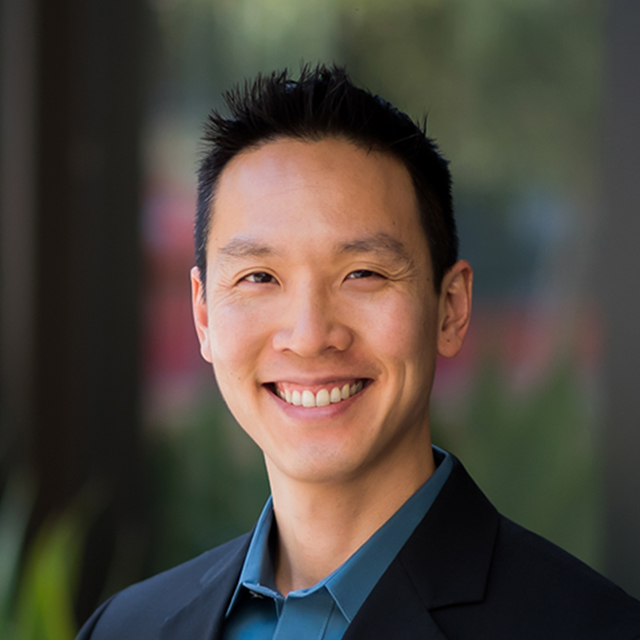
Geoff Tison, MD
Associate Professor, Medicine
Salary and Benefits
Salary: The Heart Failure and Transplant Cardiology Fellowship is a PGY level 7.
Benefits: UCSF provides residents and clinical fellows a rich package of health and welfare benefits at a good value. Plans include health, dental, vision, disability, and life insurance. To learn more about fellowship benefits including our retirement savings plan click here.
Vacation: Every year, fellows get 4 full weeks of vacation time in 1-week blocks. Rules about scheduling vacation varies by program.
How to Apply
Application Procedure & Timetable
| Steps | Timetable |
| 1. Submit your application through ERAS, Electronic Residency Application Service. Apply online. The ERAS phone is (215) 966-3940. No paper applications accepted. | Available in July 2024 |
| 2. Interviews | Interviews will be held in September and October 2024 |
| 3. Rank list due | November 2024 |
| 4. NRMP Match Day | November/December 2024 |
| 5. Fellowship begins | July 2025 |
J-1 and H-1B Visa Sponsorship
For international applicants, UCSF can sponsor J-1 and H-1B visas.
How to Acquire H-1B Visa Status at UCSF: https://isso.ucsf.edu/immigration-visas/h-1b-scholars
J-1 Scholar Categories at UCSF: https://isso.ucsf.edu/j-1-scholar-categories-ucsf
Professional and Ethical Behavior
The Division of Cardiology is committed to a culture of professionalism that places the needs of the patient first, maintains a commitment to scholarship, continuous quality improvement, and fosters a spirit of collaboration among colleagues. Fellows learn these attitudes from mentors and role-model clinicians. The training program is committed to maintaining a high ethical standard, a spirit of collegiality, integrity, respect, compassion, professional responsibility and accountability, courtesy, and sensitivity to patient needs and comfort. Fellows are evaluated in these areas, and they are considered to be an integral part of the training program.
(1) Weintraub WS ; Daniels SR ; Burke LE ; Franklin BA ; Goff DC ; Hayman LL ; Lloyd-Jones D; Pandey DK ; Sanchez EJ ; Schram AP ; Whitsel LP. 2011. Value of primordial and primary prevention for cardiovascular disease: a policy statement from the American Heart Association. Circulation 124(8):967-90.
